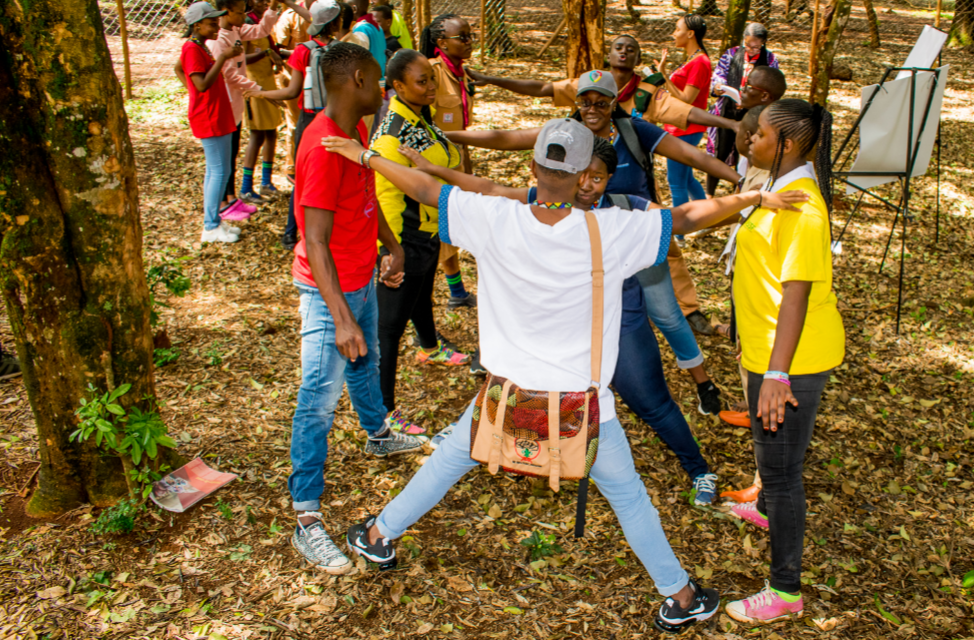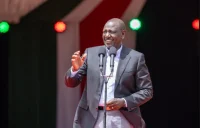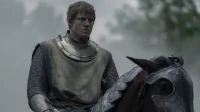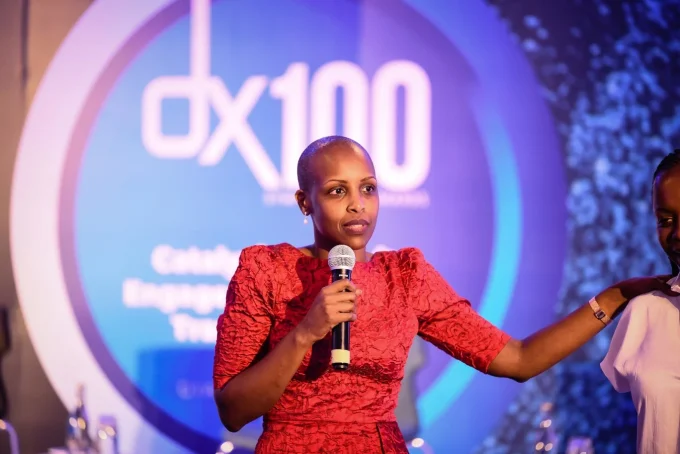The three-day Web Rangers Africa Summit in Nairobi ended on Saturday with organisers seeking to explore new ways of tackling online threats facing youth.
The annual Summit was organized by Google and Content Development and Intellectual Property Trust (CODE-IP), a local NGO, in partnership with the Kenya Scouts Association. Participants were drawn from Kenya, Nigeria and South Africa.
Mr Alex Gakuru, the executive director of Content Development and Intellectual Property Trust (CODE-IP), said each of the three countries had four students attending the summit – two boys and two girls.
Teenagers online safety
Web Rangers is Google’s online safety program seeking to empower teenagers to become ambassadors of safe and responsible use of the internet.
Founded in Israel, it has since grown and currently has chapters in Kenya, Nigeria, South Africa, Philippines, India, Turkey, New Zealand, Japan, Argentina, Mexico, Colombia and Czech Republic.
Also attending were government officials from all the three countries. In Kenya, there was representation from the Kenya Institute of Curriculum Development (KICD), Kenya Film Classification Board (KFCB) which has partnered with Google on a new programme targeting parents; the Communications Authority of Kenya (CA), the Ministry of ICT as well as other private sector and NGO representatives.
As a build-up to the Summit, which opened on Thursday, November 21, 2019, CODE-IP and Google ran another programme from September 25, 2019 up to November 8, 2019 called Google Online Safety Roadshow which was a fast-tracked five-week training on online safety throughout the country.
On Friday November 22, 2019, the Summit attendees paid a visit to the Rowallan Camp in Nairobi, the headquarters of the Kenya Scouts Association, a key partner in the programme as it is called the Kenya Scouts Web Rangers. The visit was meant to provide an opportunity for the visitors to learn how the programme is being run practically.
See >> Buying Bitcoin in Kenya Just Got Easier
The Kenya Scouts Association is the top youth movement in Africa and the sixth in the whole with a membership of over 2 million.
Google also ran a session which involved activities related to Critical Thinking meant to spur the youth deeply analyze things and situations instead of just taking them at face value, this involves interrogating situations before you react.
The Critical Thinking programme is expected to help change how children look at things and make them more inquisitive while helping them to interrogate situations in an indepth manner.
Countering fake news
Mr Gakuru added that the Critical Thinking programme is even more crucial at this time when people are constantly dealing with the issue of Fake News. It is also aimed to help the youth in their online interactions as well as reactions.
Michael Murungi, Government Affairs and Public Policy lead at Google said that the Critical Thinking programme is meant to help Web Rangers and those participating in the programme to learn how to apply critical thinking when faced with conflicting situations online.
“It’s meant to help them distinguish between disinformation and information that is accurate and generally be able to deal with threats online. So we think that the opportunity to apply critical thinking in dealing with threats online maybe a very wonderful and fitting chapter for Web Rangers,” said Murungi.
Next Read >> Perfect Time to Buy a House in Kenya – Prices and Demand are Falling













Leave a comment